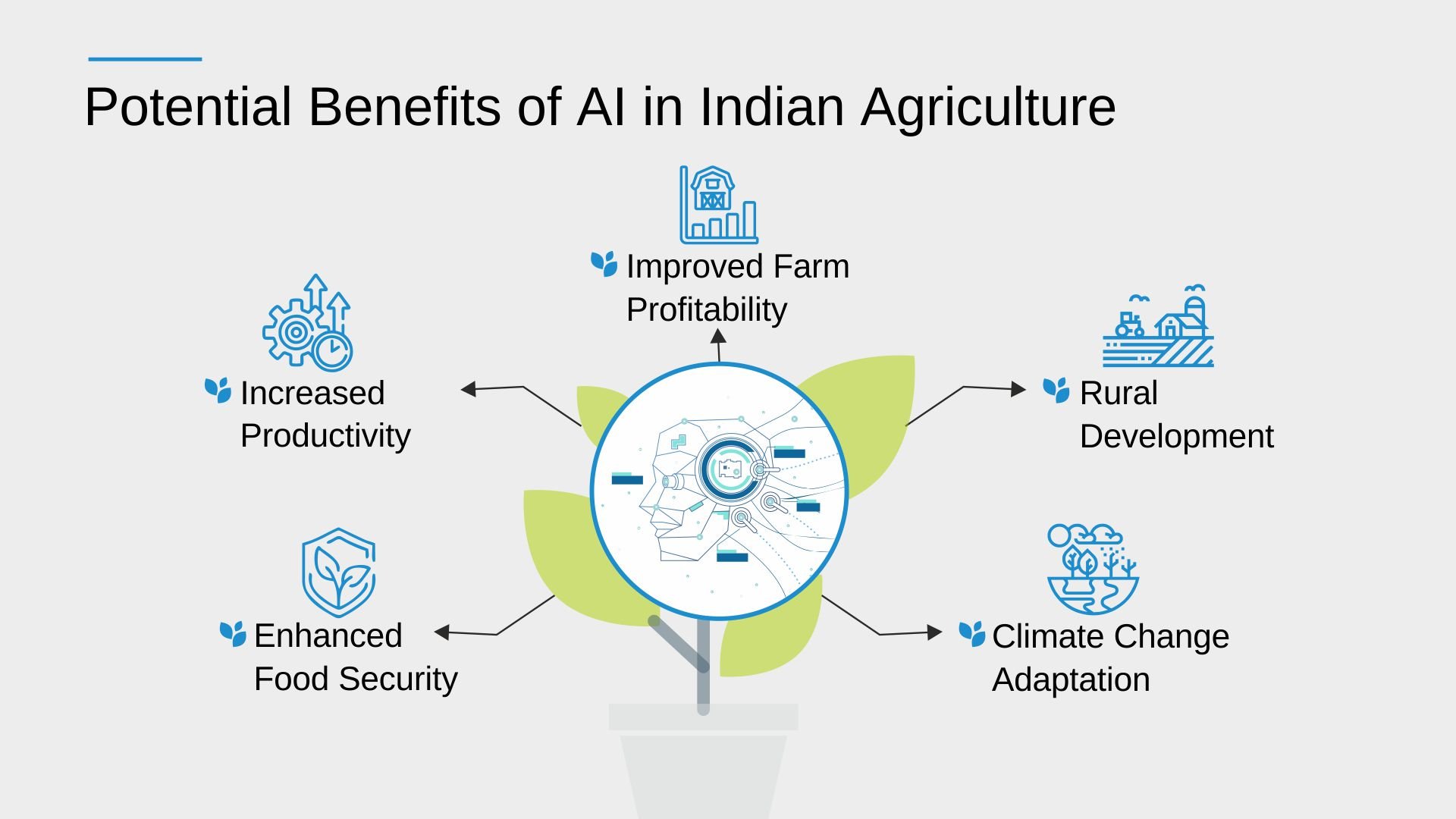India is a country with a predominantly agricultural economy, with more than half of its population relying on agriculture for their livelihood. However, the agriculture sector in India faces numerous challenges, including limited land, water scarcity, and climate change. These challenges have resulted in low agricultural productivity and reduced farm incomes. Artificial Intelligence (AI) has the potential to address these challenges and transform the Indian agriculture sector. In this blog, we will explore the role of AI in Indian agriculture and its potential benefits.
What is Artificial Intelligence (AI)?
Artificial Intelligence (AI) refers to the ability of machines to learn and perform tasks that normally require human intelligence, such as visual perception, speech recognition, decision-making, and language translation. Apart from machine learning and robotics, AI technologies also include natural language processing, computer vision, etc.
Role of AI in Indian Agriculture
Precision Agriculture
Precision agriculture involves using data analytics and machine learning to optimize crop yields and reduce input costs. AI-based technologies can help farmers monitor crop growth, identify pests and diseases, and optimize irrigation and fertilization. This can help increase crop yields, reduce waste, and improve farm profitability.
Climate Adaptation
Climate change is a major challenge facing the Indian agriculture sector. AI-based technologies can help farmers adapt to changing weather patterns and extreme weather events. For example, AI-based weather forecasting can help farmers make informed decisions about planting, harvesting, and irrigation. AI-based crop modeling can help farmers identify crops that are more resilient to climate change and select the best planting times.
Soil Health Monitoring
Soil health is critical for agricultural productivity. AI-based technologies can help farmers monitor soil health and identify nutrient deficiencies and soil compaction. This can help farmers optimize fertilizer application and reduce input costs.
Crop Selection
AI-based technologies can help farmers select the best crops for their land and climate. This can help increase crop yields and reduce the risk of crop failure. AI-based crop modeling can also help farmers identify new crop varieties that are better adapted to local conditions.
Supply Chain Optimization
AI-based technologies can help optimize the agricultural supply chain, from farm to market. This can help reduce food waste and improve food safety. For example, AI-based logistics optimization can help farmers transport their crops to markets more efficiently, while AI-based quality control can help ensure that food products meet safety standards.
Potential Benefits of AI in Indian Agriculture

Increased Productivity
AI-based technologies can help increase agricultural productivity by optimizing crop yields and reducing input costs. This can help farmers increase their incomes and improve their standard of living.
Improved Farm Profitability
AI-based technologies can help farmers reduce waste, optimize resource use, and increase crop yields. This can help improve farm profitability and make farming more economically viable.
Enhanced Food Security
AI-based technologies can help increase crop yields, reduce food waste, and improve food safety. This can help enhance food security and reduce the risk of food shortages.
Climate Change Adaptation
AI-based technologies can help farmers adapt to changing weather patterns and extreme weather events. This can help reduce the risk of crop failure and ensure food security.
Rural Development
AI-based technologies can help create new job opportunities in rural areas, such as data analysts, software developers, and AI engineers. This can help reduce rural-urban migration and promote rural development.
Conclusion
AI has the potential to transform the Indian agriculture sector and address many of the challenges facing farmers. AI-based technologies can help increase agricultural productivity, improve farm profitability, enhance food security, and promote rural development. However, to fully realize these benefits, it is important to invest in research and development, build the necessary infrastructure, and ensure that AI-based technologies are accessible to all farmers, including smallholder farmers. With the right investments and policies, AI can help create a more sustainable.
